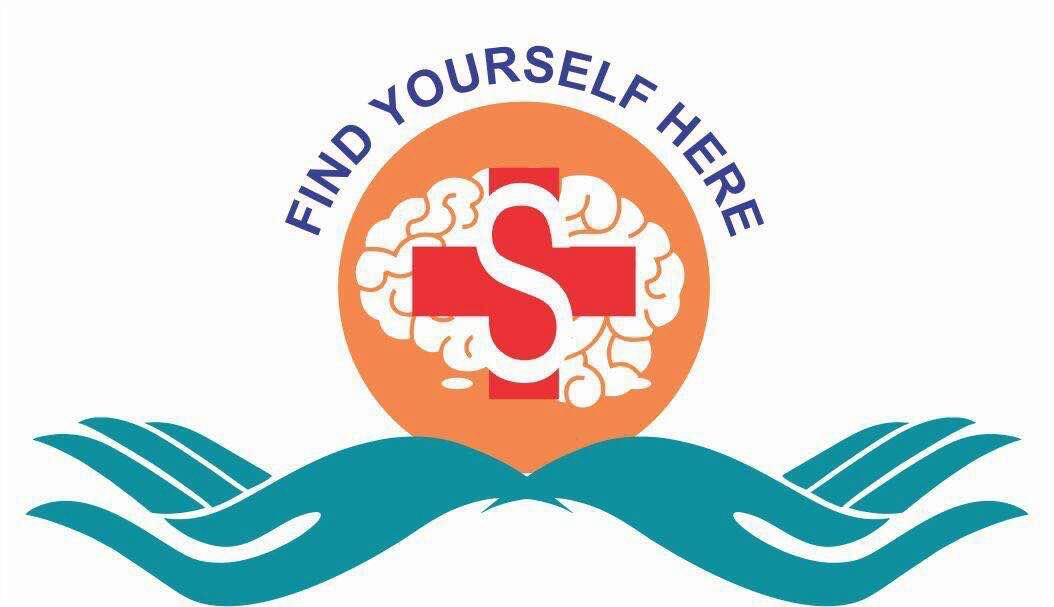
Rehabilitation for Alcohol addiction in Madurai
1.Rehabilitation for Alcohol Addiction in Madurai
Rehabilitation for alcohol addiction in madurai provides individuals with the guidance, support, and medical care they need to overcome dependency and rebuild their lives. The goal of alcohol rehabilitation in madurai is not only to help a person stop drinking but also to address the root causes of addiction and promote long-term recovery.
2.Understanding Alcohol Addiction
Alcohol addiction, or alcoholism, develops when a person becomes physically and psychologically dependent on alcohol. It often starts with occasional drinking that gradually turns into a compulsive habit. Over time, tolerance increases, meaning the person needs more alcohol to feel the same effects. When they try to stop drinking, they experience withdrawal symptoms such as anxiety, sweating, tremors, nausea, and even seizures.
Addiction is not simply a lack of willpower—it is a complex medical condition that affects the brain’s reward system. Rehabilitation programs help individuals understand this condition, learn healthy coping mechanisms, and develop the strength to live an alcohol-free life.
3.The Importance of Alcohol Rehabilitation
Alcohol rehabilitation in madurai is essential because it offers a structured, supportive, and therapeutic environment that promotes recovery. It allows individuals to detoxify safely, gain insight into their behavior, and develop the tools necessary to prevent relapse. Rehabilitation also focuses on emotional healing and rebuilding one’s sense of purpose and self-worth.
Rehabilitation is not a quick fix—it’s a journey of self-discovery and healing. Through professional guidance and consistent effort, even the most severe cases of alcoholism can be treated effectively.
4.Stages of Alcohol Rehabilitation
1. Medical Detoxification
The first stage of rehabilitation is detoxification, where the body is cleansed of alcohol. This process is supervised by medical professionals who manage withdrawal symptoms safely. Detox can last from a few days to a week, depending on the individual’s level of dependence. During this phase, patients are provided with medication, nutrition, and rest to stabilize their health.
2. Counseling and Therapy
Once detox is complete, the next stage focuses on psychological and behavioral therapy. This helps individuals understand the underlying causes of their addiction—such as stress, trauma, or emotional pain—and teaches them healthier coping strategies.
Common therapies include:
Cognitive Behavioral Therapy (CBT): Helps individuals identify negative thought patterns and replace them with positive, realistic ones.
Motivational Enhancement Therapy: Builds motivation to stay sober and encourages long-term commitment.
Group Therapy: Encourages sharing experiences with others in recovery to build confidence and community support.
Family Counseling: Helps rebuild trust and strengthen family relationships affected by alcoholism.

3. Rehabilitation Activities
In addition to therapy, many rehabilitation centres incorporate holistic and recreational activities such as yoga, meditation, physical exercise, and art therapy. These activities help restore balance, reduce stress, and improve mental clarity.
Vocational training and skill development programs are also part of rehabilitation to help individuals regain independence and prepare for a productive life after recovery.
5.Inpatient vs. Outpatient Rehabilitation
Rehabilitation programs are generally of two types:
Inpatient Rehabilitation: Patients stay at the centre for a fixed duration, typically 30 to 90 days. This setting provides a structured environment free from external triggers, with 24-hour medical and emotional support.
Outpatient Rehabilitation: Patients attend therapy sessions during the day and return home afterward. This program is suitable for those with mild addiction or those who cannot take a long break from their daily responsibilities.
Both programs have proven effective, depending on the individual’s level of addiction and personal needs.
6.Benefits of Rehabilitation for alcohol addiction in Madurai
Safe detox under medical supervision
Emotional and psychological healing
Rebuilding of self-confidence and relationships
Learning life skills for long-term recovery
Continuous support and relapse prevention
7.Conclusion
Rehabilitation for alcohol addiction in madurai offers hope and healing to individuals trapped in the cycle of dependency. Through medical care, therapy, and holistic recovery programs, it helps them rediscover strength, confidence, and the joy of sober living.
Alcoholism can destroy lives—but recovery is always possible. With professional help, family support, and personal determination, anyone can overcome addiction and begin a new, healthy chapter of life. Rehabilitation centres and support programs provide not just treatment, but a pathway to transformation—proving that every end to addiction can be the beginning of a new life.

What is the purpose of a rehabilitation Centre?
The purpose of a rehabilitation center is to help individuals recover from various conditions, including addiction, mental health disorders, and physical injuries, by providing professional guidance, tailored therapies, and a supportive environment to regain health and independence. These centers focus on restoring physical function, managing mental and emotional well-being, and teaching skills to manage long-term conditions and prevent relapse.
What happens in alcohol rehabilitation?
How to stop alcohol addiction?
- Developing the skills needed to stop or reduce drinking.
- Helping to build a strong social support system.
- Working to set reachable goals.
- Coping with or avoiding the triggers that might cause a return to drinking.

